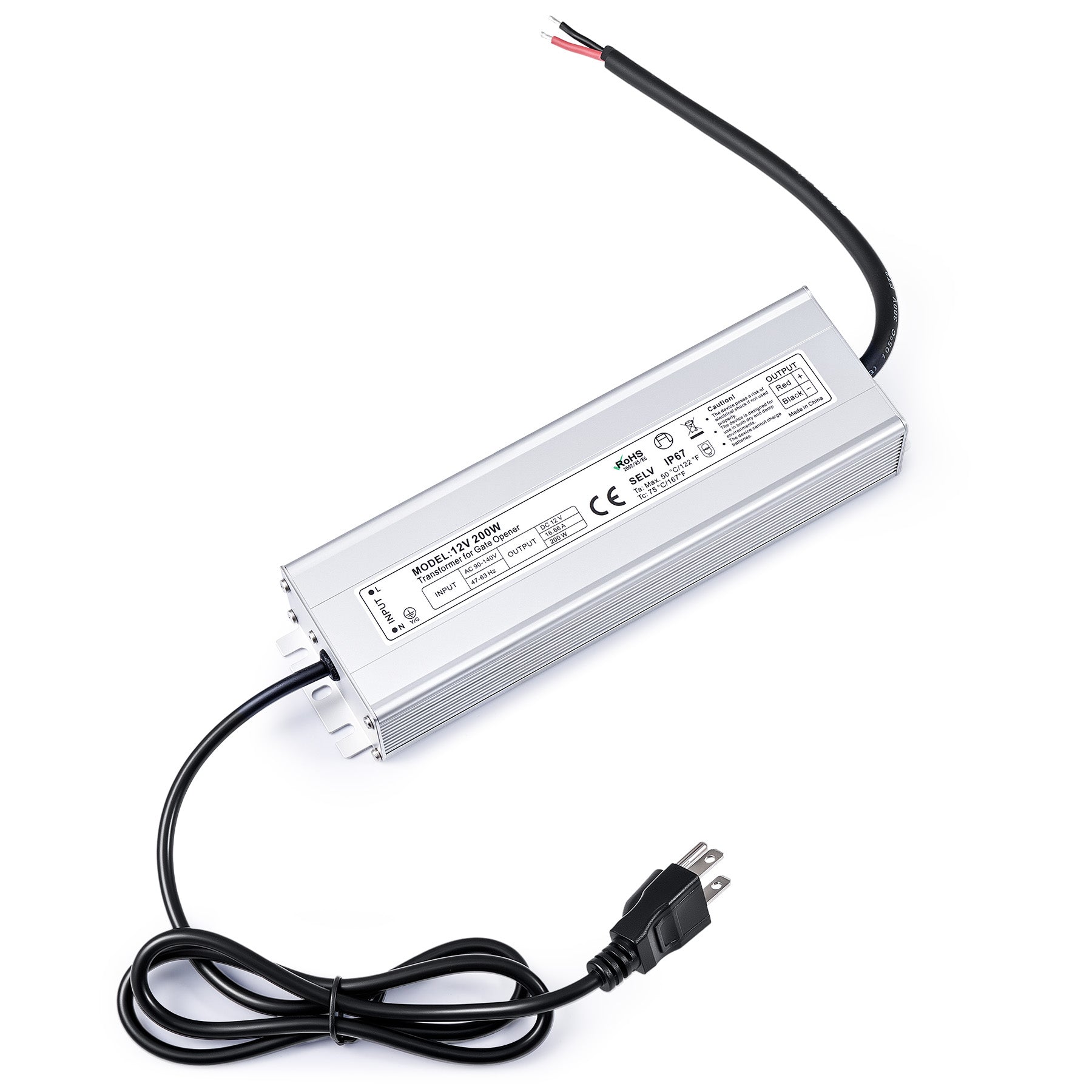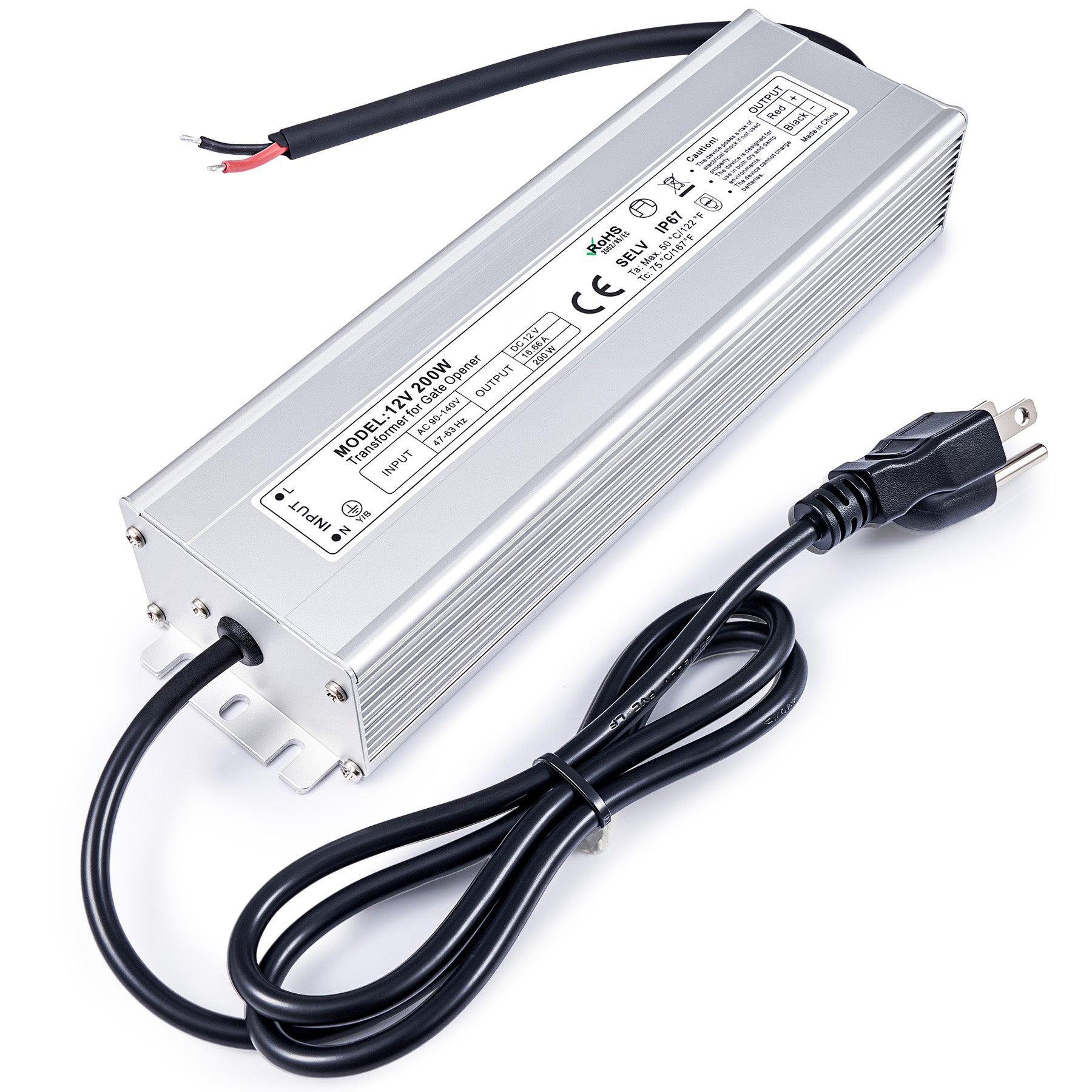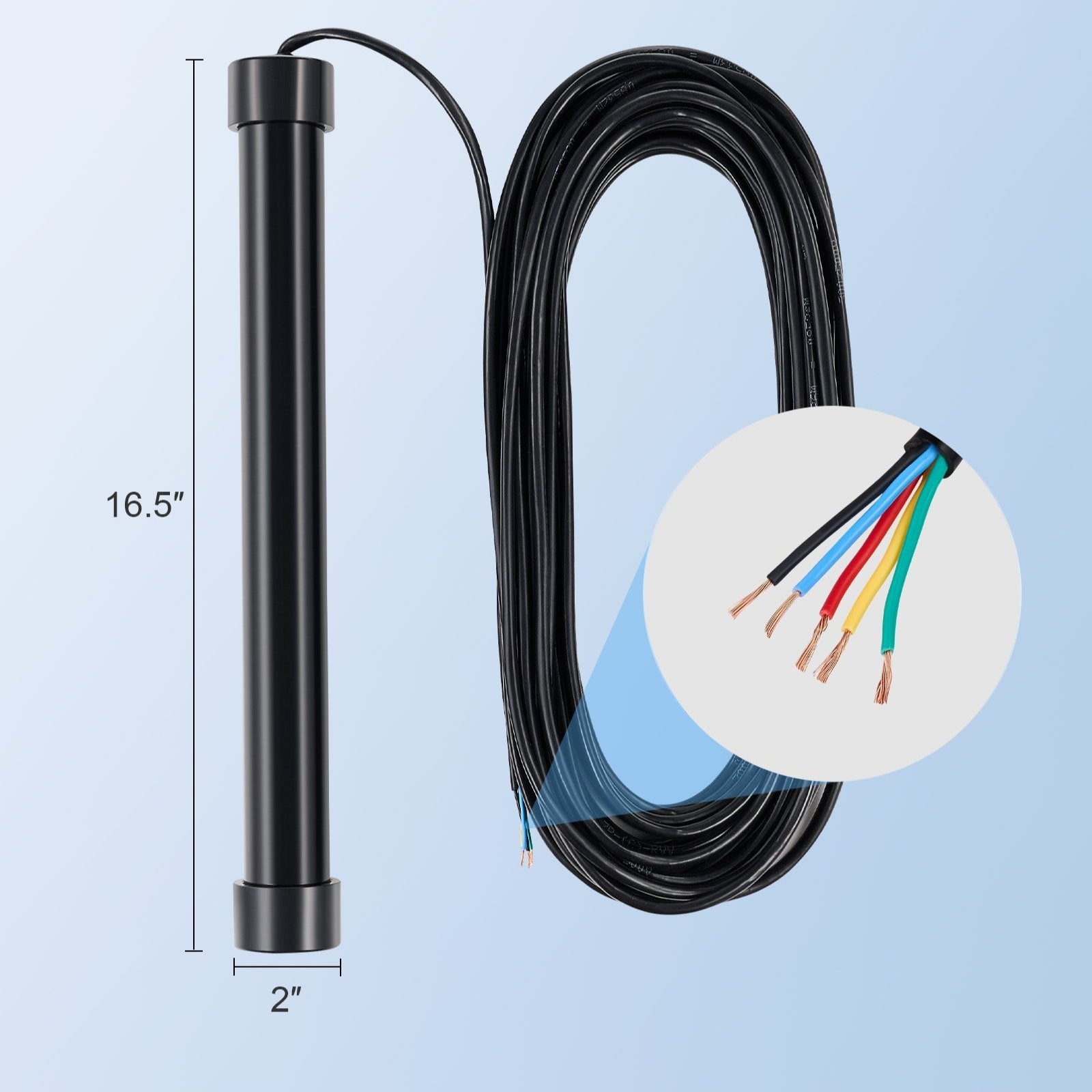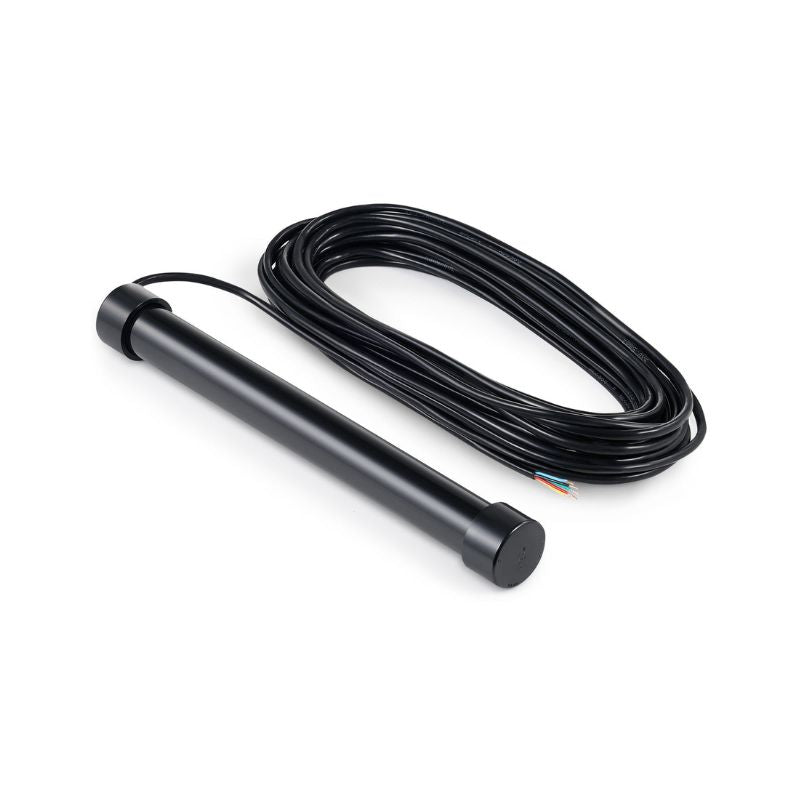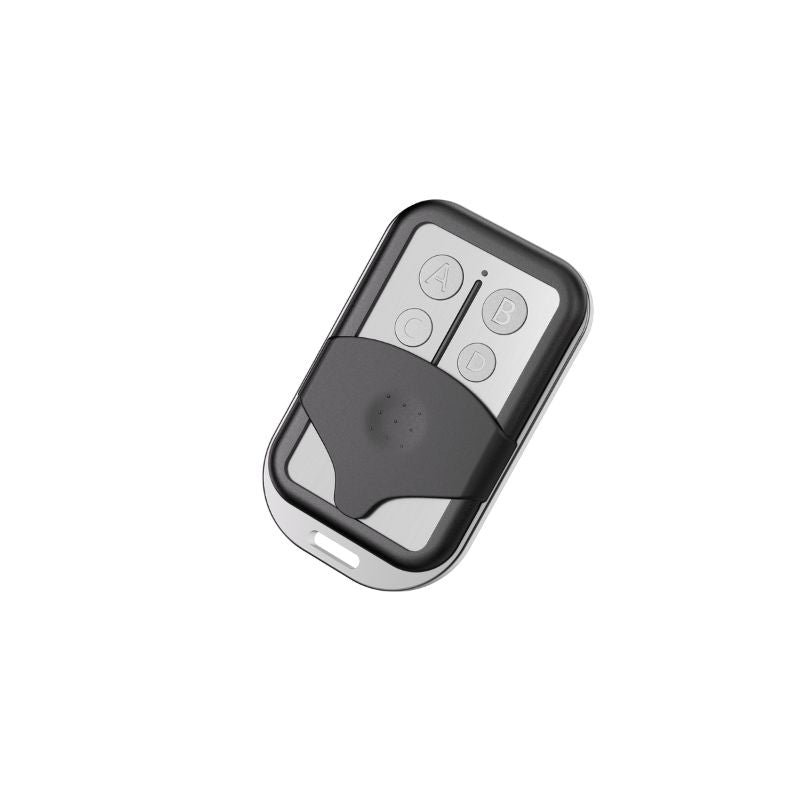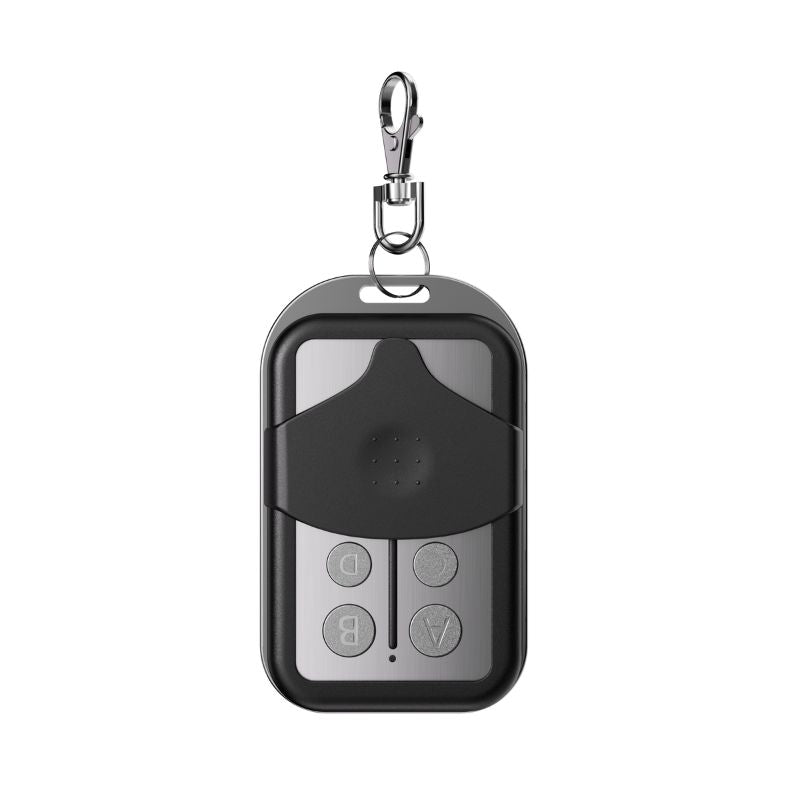The reason for a gate opener taking too long to open the gate might differ depending on whether the gate opener is new or old.
If a new automatic gate opener is taking much longer to open the gate than it is supposed to, it is likely because the gate is too heavy: beyond the capacity of the gate opener, or a problem with the power supply, or some mistake in installation.
However, suppose it is an older automatic gate opener that is now taking longer to open the gate than it used to. In that case, it is likely a problem with wear and tear of internal components, a worn-out motor, or some kind of obstruction, etc.
The good news is, in most cases, a slow gate doesn’t mean your opener is about to quit entirely. Instead, there are a handful of common reasons why it might be moving sluggishly, and many of them are easy to check on your own.

Top Causes of Gate Openers Opening Slowly
1. Power Supply is Low or Weak
If the opener isn’t getting enough voltage, the gate opener will not run at full speed, which in turn slows down how quickly the gate opens. A low or weak power supply can slow down the gate opening time of a gate opener by about 20%-40% depending on how weak the supply is.
Low or weak power supply happens when:
- The electrical power supply is not potent enough (low voltage)
- The battery has been running for a while and is now depleted
- The gate opener battery is too old and needs to be replaced.
What to Do
For solar gate openers, make sure the solar battery is fully charged. If the problem persists, consider replacing the gate opener battery or connecting more solar gate opener batteries to your solar gate opener system.
For an electric gate opener, ensure that the outlet or transformer is supplying the correct voltage. Also, ensure that the connection from the main grid to the gate opener is intact.
2. The Motor is Worn-out or Undersized
Over time, gate opener motors lose efficiency. If you have been using the gate opener for over 5 years, the motor may simply be wearing out, leading to your gate opening more slowly.
Also, if your gate is heavier than the maximum capacity of the gate opener (what the opener was designed for), it may always run slowly, sometimes opening at only 50–70% of the normal speed.
What to Do
Many brands sell replacement motors as standalone parts, especially for higher-end systems. So, you can always replace your gate opener motor.
However, when the motor wears out, it may be time to upgrade your gate opener system. A replacement motor is typically cheaper than a full opener, but if the control board, gears, or other parts are also worn, replacing the whole unit may be more cost-effective.
Besides, an older or low-cost gate opener may not have motor parts available. Completely replacing the whole system may be more practical.
3. There is Friction or resistance in the gate hardware
If your gate opener is opening the gate too slowly, it is also very likely that rusty hinges, dirty wheels, or debris in the track are adding drag, making the opener work harder. This is the case especially if the slow opening is accompanied by creaking or scratching sounds.
This can reduce speed by around 15–30%.
What to Do
Test the gate movement manually. First, disengage the opener and move the gate by hand. If it feels heavy or drags, lubricate hinges, clean the track, or adjust wheels.

4. The Speed Setting Is Incorrect
If your gate opener is opening the gate too slowly, it may be because it has been programmed in such a way that the opening speed is too slow. Modern openers have adjustable speed controls. If it’s set too low, your gate could be moving at half speed or less, depending on the setting.
Zumi gate openers, for example, have adjustable speed settings between 10-15 seconds. If your WS1 Solar Single Swing Gate Opener is taking 15 seconds to open the gate, it may be because it has been set to operate at the lower end of the speed settings.
What To Do
Inspect opener settings. Look at the control panel or dip switches to make sure the speed isn’t set to the lowest option.
5. The Gate is Heavy or Unbalanced
Gates that are sagging, misaligned, or too heavy can put extra strain on the opener, causing it to open slowly. This is more of a common problem with new gate openers. You might see the gate opening 30–50% slower than it should.
What To Do
Check the balance and alignment of your gate. A gate that sags or scrapes the ground puts unnecessary load on the motor.
Also, double-check the weight and size of the gate. There is a chance that you may have underestimated how heavy, long, or wide your gate is when you got the gate opener.
6. The Gate Opener Has Been Adversely Affected By Bad Weather
Weather conditions, especially long-term extreme weather conditions, affect the performance of a gate opener. Some gate openers won’t work as well after rain. Cold weather can thicken lubricants, while ice, snow, or swelling wood can create extra resistance.
What to Do
Learn how to maintain your gate opener in different weather conditions. In cold weather, for example, switch to a lubricant designed for low temperatures and keep ice buildup away.
Also, always pay attention to how resistant a gate opener is to the natural elements.
7. Some Internal Components are Worn Out
Wear in internal components. Worn gears, chains, or belts inside the opener can reduce efficiency and slow things down by 20–35% over time.

Quick Checks You Can Do Yourself
Before calling in a technician, here are some easy steps you can take:
- Check the power source.
-
Test the gate movement manually.
-
Clear obstructions.
-
Check balance and alignment.
-
Listen for noises.
- Account for the weather
How Long Should it Take a Gate Opener to Open?
A modern gate opener, suitable for your gate’s weight and size, with a perfectly functioning motor and a reliable power supply, should be able to open your gate in 10-15 seconds.
When to Call a Technician
If your gate moves freely by hand but still crawls when using the opener, the problem is most likely electrical or motor-related. In that case, it’s best to call in a professional to test voltage, motor health, and internal components.
A slow gate opener isn’t usually a sign of complete failure; it’s often a maintenance issue or a simple adjustment. With a few checks and tweaks, you can often get your gate back to running at normal speed without too much hassle.

Upgrade With Zumi Gate Opener
If you find yourself constantly troubleshooting the same issues, it might be time to consider an upgrade to a newer, smarter opener. Preferably one with better diagnostics, modern sensors, and reliable power management.
Zumi gate openers tick most of the boxes for an upgrade to stop persistent beeping issues. The Zumi app provides real-time status updates and error notifications, significantly better than generic beeps. This aids in identifying issues early and accurately.
Zumi solar gate openers model includes an integrated solar panel and battery backup for uninterrupted operation. The solar system supports smart monitoring, and the weatherproof panel design helps mitigate low-power warnings.
Consider the Zumi WS2 Solar Dual Swing Gate Opener
- Electric versions avoid dependency on sunlight while still offering advanced diagnostics and app control
- Zumi uses app-configurable scene settings and redundant security features like 128-bit rolling-code encryption, enhancing gate safety and reducing false obstructions or security alarms
- Openers are IP55-rated (some solar components IP67), using weatherproof enclosures and all-copper motors, designed to work reliably in temperatures from –4 °F to 122 °F
- Supported by both Android and iOS apps (despite mixed user reviews), you get remote control, customization, firmware updates, and operational alerts
Final Thoughts
Your gate opener opening too slowly isn’t just annoying: it can be frustrating. Whether it’s a low battery or a full-blown motor issue, to these causes of gate openers not opening will save you time, money, and hassle.
But for now, listen closely, your gate’s got something to say.
You might be interested in these 10 gate opener repair hacks to help you along the way.



